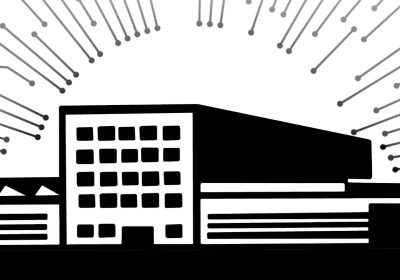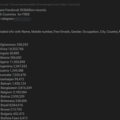
The United States, the Netherlands and Japan have reached an agreement to restrict the export of advanced chip manufacturing machines to China. That’s what insiders tell Bloomberg. However, it could be months before the restrictions actually take effect.
The three countries reached an agreement on Friday after the countries held talks in Washington earlier this week, sources tell Bloomberg . Reuters, among others, previously reported that Dutch officials on would travel to the US on Friday to discuss the matter.
According to Bloomberg, the agreement will prevent ASML from selling at least a number of immersion lithography machines to China. These are the most advanced duv machines the company makes. Machines that use extreme ultraviolet light are already banned from being shipped to China. Japan would impose similar restrictions on Nikon. However, it may take months before the restrictions are actually implemented, as the Netherlands and Japan are still finalizing the legal arrangements for this.
The exact content of the agreement is also unknown. Bloomberg says there are currently no plans to publicly announce the restrictions. “Discussions have been going on for a long time, but we don’t report on that. The question is, if something comes out, whether it will become very visible”, said Dutch Prime Minister Mark Rutte earlier on Friday. The Netherlands has limited communication on the matter given the sensitivity of the matter, according to the prime minister.
The alleged export restrictions follow earlier measures taken by the United States. The administration of President Joe Biden imposed far-reaching export restrictions on the Chinese chip sector in October. These apply, among other things, to the supply of advanced chips and production equipment for producing such chips. The country has been in talks with the Netherlands and Japan for some time to take similar measures. Both countries have important positions in the export of advanced chip production equipment.
ASML CFO Roger Dassen said the company is not concerned about any export restrictions in the near term. That is because the demand for lithography machines is currently so high that other companies would like to take over the machines destined for China. At the same time, the CEO did talk about the long term, since an important part of the world market may disappear for the Veldhoven company. CEO Peter Wennink also warned that export restrictions could have unintended consequences.











